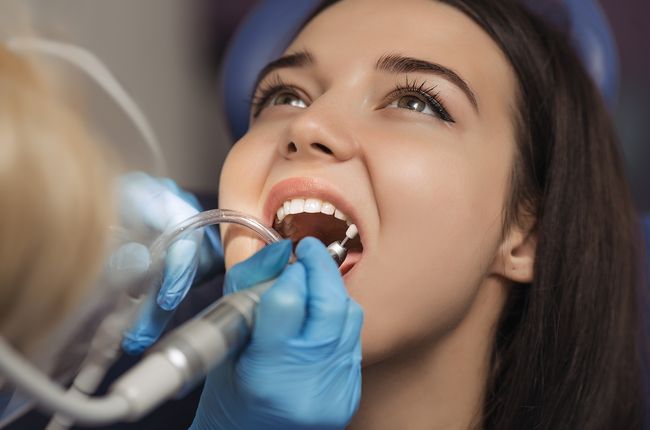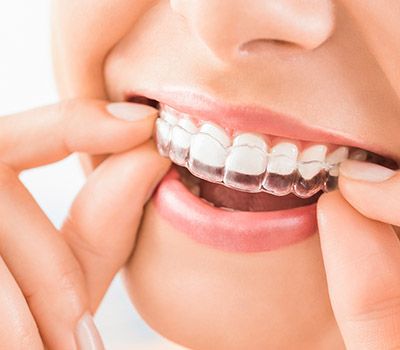Preventive Dentistry in Colorado Springs, CO
Preventive dentistry refers to the practice of caring for your teeth to keep them healthy by preventing tooth decay, gum disease, and other dental issues. Preventive care includes brushing and flossing your teeth, visiting the dentist regularly, eating a healthy diet, limiting your intake of sugary foods and drinks, and quitting smoking.
Preventative Dentistry Protects Your Dental Health
Studies estimate that over 90% of dental disease is preventable. Brushing and flossing can help prevent cavities and gum disease, as well as bad breath.
Taking care of your teeth at home is the most effective way to keep them healthy and prevent the need for dental treatment. Brushing and flossing your teeth and visiting your dentist regularly are two of the best things you can do for your teeth. The ADA recommends brushing your teeth twice daily and flossing once.
The major preventive dentistry procedures to protect one's oral health include the following:
- Dental Exams
During a dental examination, our dental team will examine your teeth, gums, cheeks, tongue, and the roof of your mouth. They will also check your neck, lymph nodes, and jaw joints. Your dental team will also check your jaw for signs of temporomandibular joint disorder (TMD). The dental examination will also include a visual inspection of signs of tooth decay, gingivitis, and other signs of dental disease. The dental hygienist may also take X-rays of your teeth to provide a more in-depth view of your smile.
- Dental Cleanings
Along with brushing and flossing, regular dental cleanings are an important preventive measure for maintaining good oral health. During cleanings, plaque and tartar are removed, and teeth are polished. For most patients, we recommend cleanings every six months. However, some patients may require more frequent cleanings, especially if they don't have good oral home care habits.
- Dental Sealants
Dental sealants are thin plastic coatings that are applied to your child's back teeth as a preventive measure against tooth decay. These sealants work by shielding teeth from harmful bacteria. This coating is especially important for children, as they tend to have a higher risk for tooth decay.
- Fluoride Treatments
Fluoride treatments have been shown to reduce cavities. They do this by strengthening enamel, which protects teeth against damage from plaque and bacteria. Fluoride treatments are easy, quick, and painless. Dr. Catherine Guerra, the private Dentist at Interquest Parkway, provides professional fluoride treatments that are helpful for reducing cavities in children and adults.
- Oral Cancer Screening
Digital X-rays and intraoral cameras are two modern technologies your dental hygienist uses to detect signs of oral cancer. Not only do these technologies help detect oral cancer early, but they also help your dentist create a comprehensive treatment plan.
- X-rays and CT scans
X-rays and CT scans are types of diagnostic imaging. While the two imaging modalities look different, they're both used to diagnose dental problems. X-rays can help show cavities, changes in bone density, and other problems. CT scans use X-rays and computers to create detailed 3D images of the inside of the mouth. They're used to diagnose dental problems, as well as oral or maxillofacial tumors, cysts, and abscesses.
To learn more about our dental services or to schedule your appointment with our female Dentist Colorado Springs CO, call us at (719) 374-5496 or visit our private dental practice located at 1359 Interquest Pkwy Suite 100, Colorado Springs, CO 80921.
Office Hours
MON - THU 7:30 am - 4:30 pm
FRI - SUN Closed











